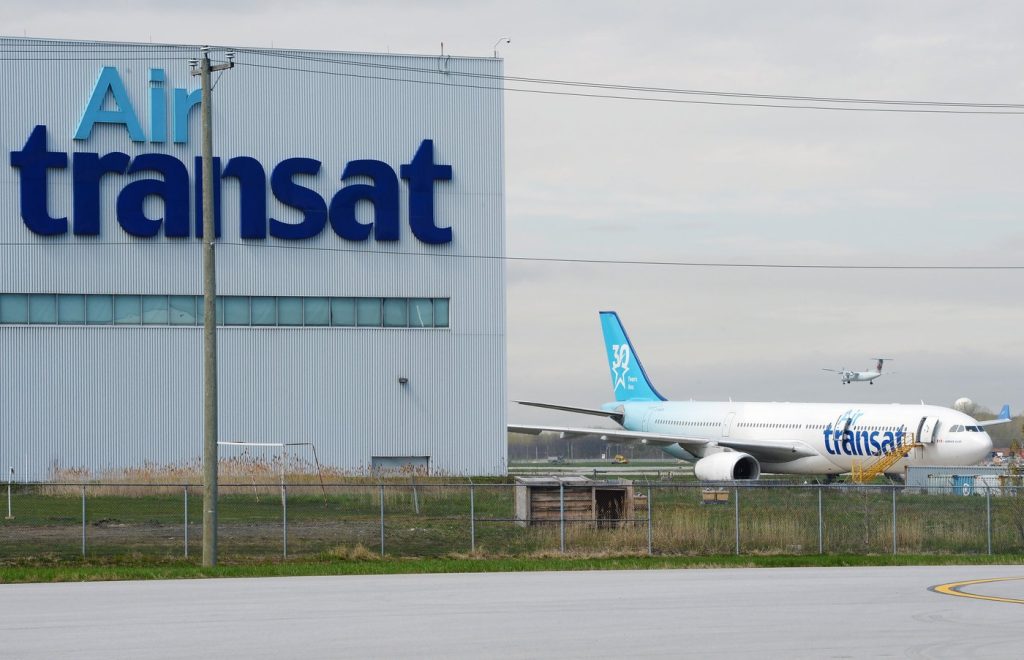Only two e-scooter companies awarded contracts in Ottawa for 2022 season
Posted Jun 9, 2022 10:37:00 PM.
And then there were two…
While the exact start to Ottawa’s electric kick scooter pilot program has yet to be confirmed, Jeff McEwan, acting director of transportation planning, real estate and economic development, said only two companies will be awarded contracts for the 2022 season.
Those two companies are Bird Canada and Neuron Mobility.
Missing from the lineup this season is Lime Canada.
After evaluating the written proposals from service providers following council’s approval of the staff report on March 23, staff conducted independent demonstration and viability testing to verify the capabilities of the technological features proposed, McEwan explains.
“Based on review and testing efforts, and in accordance with the process outlined in the request for proposals, two preferred projects have been identified,” he said. “The contracts will be conditionally awarded subject to satisfactory receipt of insurance, fees and performance securities.”
The start date of the 2022 depends on companies gearing up for their operations, shipping the e-scooters to Ottawa and additional approvals by the City.
The start date, which is anticipated in about two weeks, will be communicated to residents via a public service announcement.
“The 2022 season is approved to operate until November 15, 2022 (weather permitting) and will have a total combined fleet size of 900 e-scooters (reduced from 1,200 in 2021),” McEwan said. “E-Scooters will be permitted to operate in the same central deployment area within the city’s urban core as last year.”
Each company, he adds, will be “phasing in” their total fleets and/or deployment area over the first few weeks of the 2022 season.
The e-scooters used in this year’s program are required to emit a continuous sound while in operation.
Providers have also been mandated to have the capabilities to adjust and refine the sounds parameters, as continuous monitoring is undertaken throughout the season, he adds.
This year, the program will focus on reducing sidewalk riding and improper parking.
Mitigation efforts include the use of the latest GPS technologies and artificial intelligence to allow for more accretion location identification of individual scooters, detection technologies to help deter sidewalk riding by notifying riders that sidewalk riding is not allow, more service provider staff proactively patrolling and monitoring with riders and issuing fines and/or bans.
They’re also required to streamline the reporting process via an e-form to monitor field conditions and reduce burden on residents, as well as proactively monitor and action misparking within 15 minutes and having dedicated by-law officers monitoring parking and relocating and impounding e-scooters as needed.
Providers apps will only allow riders to end their rides in designated parking areas, both virtual and physical; and fines will be issued and used can be removed from the app if they do not follow rules.
The changes to the pilot program come following complaints from individuals and advocacy groups who were concerned about the safety of individuals with disabilities who say they have run into hazards while out and about.
This is the third year for the e-scooter pilot program.
And while the preceding seasons have typically started up in May, this year’s program is starting later and could possibly mean a July start date.








